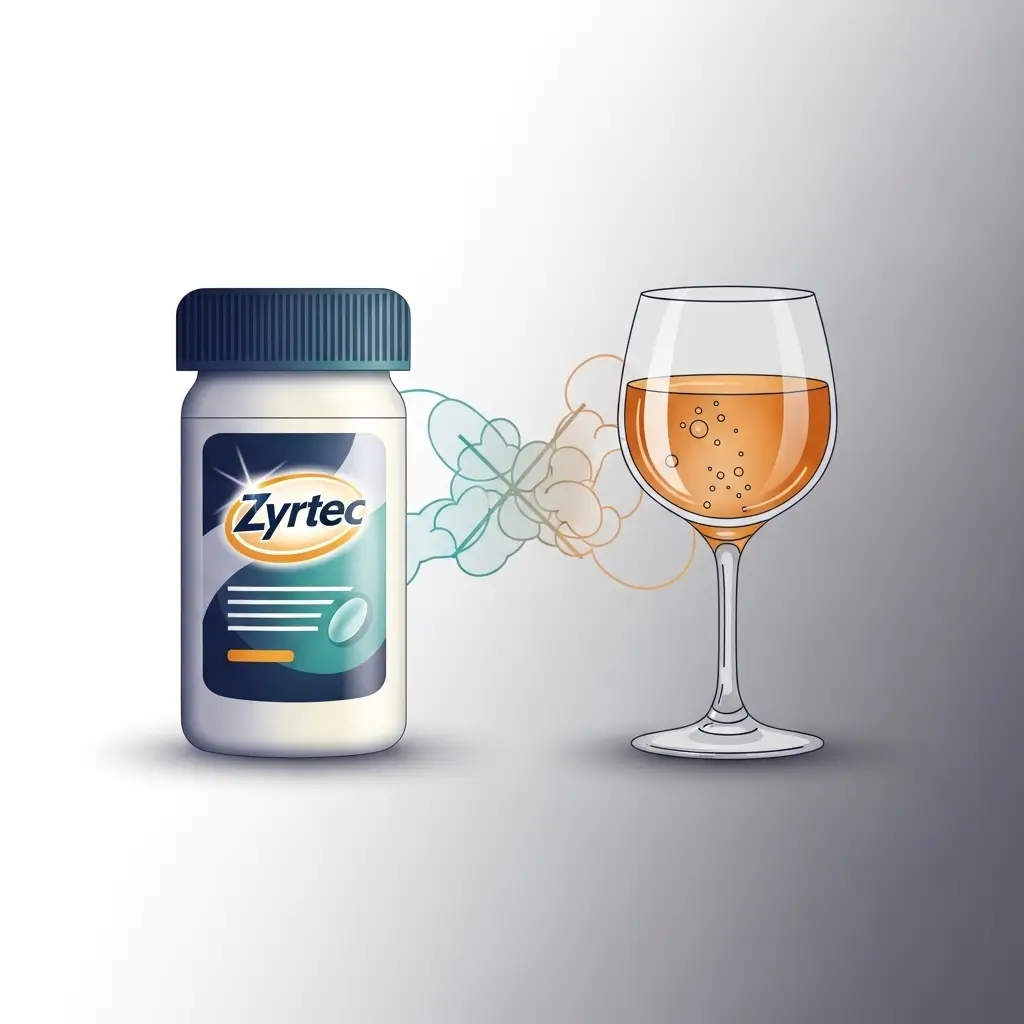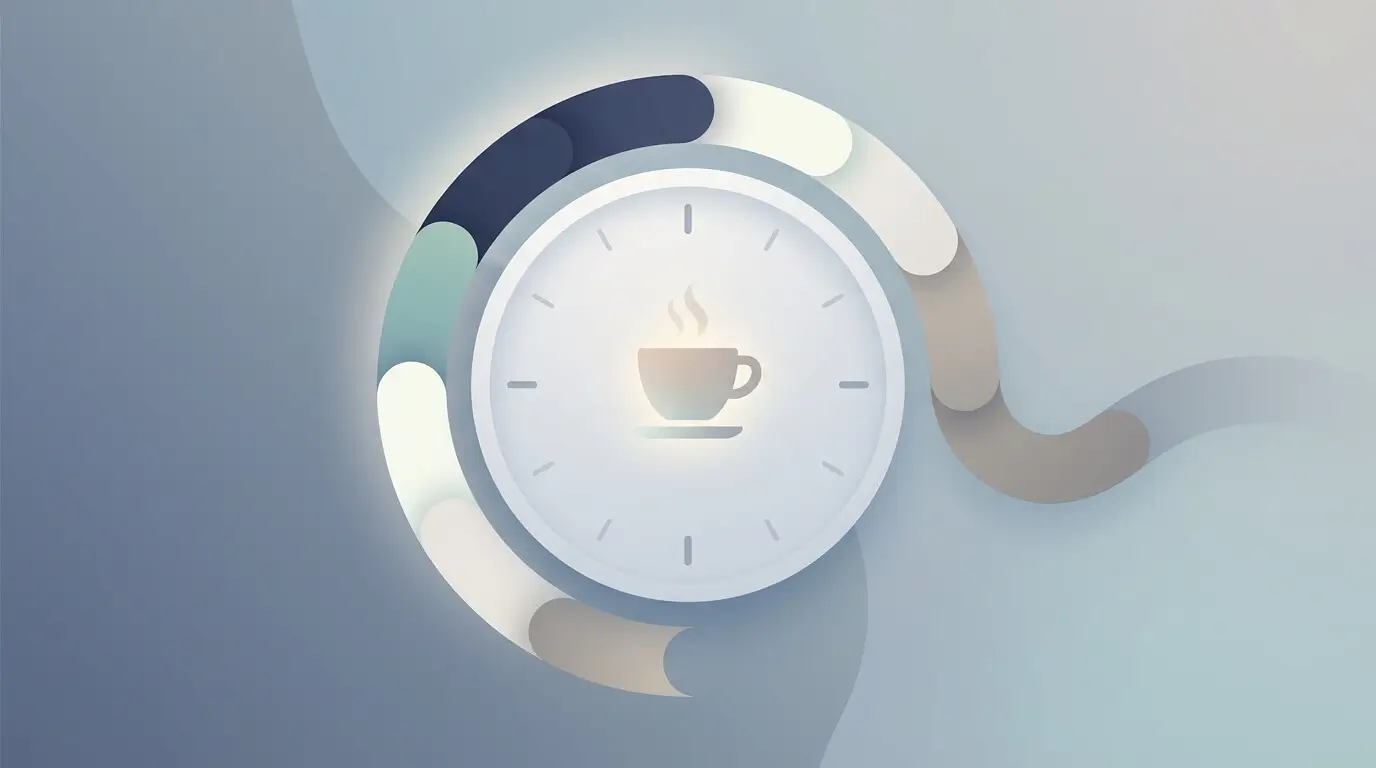The Ripple Effect of Addiction
One in four children in the United States lives with a parent who has a substance use disorder. This statistic represents more than just numbers—it reveals millions of young lives shaped by chaos, uncertainty, and pain they never asked for. Behind every person struggling with addiction stands a family caught in the crossfire of a disease that recognizes no boundaries.
Addiction is truly a family disease. While only one person may be using substances, the entire household becomes infected with its toxic patterns. The ripple effect extends far beyond the individual, creating waves of dysfunction that crash into every family member's daily existence. Children learn to tiptoe around landmines of unpredictability. Spouses develop hypervigilance as their natural state. Extended family members find themselves walking on eggshells during every interaction.
The time has come to shift our focus from blame to understanding. For too long, families have been left to navigate these treacherous waters alone, often becoming unwitting participants in the very cycles they desperately want to break. This article explores the complex dynamics that addiction creates within family systems, offering hope and practical guidance for healing that includes everyone affected.

We will examine how addiction transforms family dynamics, explore its devastating impact on children and partners, and most importantly, chart a course toward recovery that encompasses the entire family unit. Because when we treat addiction as the family disease it truly is, we create space for collective healing that benefits everyone involved.
The Family System: How Addiction Changes Everything
Family systems theory teaches us that families function as interconnected units where each member's actions ripple through the entire network. Think of it like a mobile hanging above a baby's crib—touch one piece, and everything else moves in response. Addiction doesn't just disrupt this delicate balance; it sends the entire system spinning into chaos.
When addiction enters a family, members instinctively adapt by taking on specific roles to maintain some semblance of stability. These roles, while protective in the short term, often become rigid patterns that can persist long after recovery begins. At Prescott House, we've witnessed countless families discover how these unconscious role assignments have shaped their relationships for years.
The Enabler or Caretaker assumes responsibility for managing the crisis. They make excuses for missed work, cover unpaid bills, and spin elaborate stories to protect the family's reputation. Their intentions are pure—they genuinely believe they're helping—but their actions often shield the person with addiction from experiencing natural consequences.
The Hero, frequently an older child, becomes the family's beacon of hope through achievement. They excel academically, participate in multiple activities, and present a perfect facade to the outside world. Behind this success lies a desperate attempt to prove the family isn't broken, even when chaos reigns at home.
The Scapegoat draws attention away from the addiction by acting out. They might struggle in school, engage in risky behaviors, or constantly find themselves in trouble. While their behavior appears problematic, they're actually serving as a lightning rod, redirecting the family's focus from the real issue.
The Lost Child retreats into invisibility, making themselves small and undemanding. They rarely cause problems or ask for attention, becoming experts at emotional self-sufficiency. Their silence often gets mistaken for resilience, masking deep feelings of abandonment and neglect.
The Mascot uses humor and charm to defuse tension. They become the family entertainer, always ready with a joke or silly behavior to lighten the mood when arguments threaten to erupt.
The emotional climate in these families becomes chronically charged with anxiety, fear, and uncertainty. Family members exist in a constant state of hypervigilance, never knowing which version of their loved one will walk through the door.
The Invisible Wounds: How Children Experience Addiction in the Home
Children of addicted parents grow up in a world where normal childhood development takes a backseat to survival. Their developmental needs for security, predictability, and emotional nurturing often go unmet as the addiction consumes the family's emotional and financial resources. These young people become experts at reading adult moods and facial expressions, developing a hypervigilance that serves them well in a chaotic household but often creates anxiety problems later in life. Below is a moving and excellent TED talk where Sam Fowler discusses her brother and addiction. She starts from her expience as a young child with her brother as well. Many of us can relate to this at Prescott House and have referenced her video to familys in the past.
The impact varies dramatically based on the child's age and developmental stage. Infants and toddlers may experience neglect of their basic physical and emotional needs, leading to attachment disorders that affect their ability to form healthy relationships throughout their lives. School-age children frequently struggle with concentration, academic performance, and peer relationships as they carry the weight of family secrets and chronic stress.
Teenagers face unique challenges as they navigate their own identity development while managing family chaos. They may assume premature adult responsibilities, caring for younger siblings or even the addicted parent during periods of crisis. This role reversal robs them of crucial developmental experiences and often leads to difficulties with boundaries and relationships in adulthood.
The Long-term Consequences
Research consistently shows that children from homes affected by addiction face significantly higher risks for mental health challenges, academic difficulties, and their own substance use disorders. However, these statistics don't represent inevitable outcomes—they highlight the importance of early intervention and family-focused treatment approaches.
At Prescott House, we've observed how children develop remarkable resilience skills alongside their trauma responses. Many become exceptionally empathetic, highly attuned to others' needs, and skilled at crisis management. The challenge lies in helping them recognize that these survival skills, while valuable, shouldn't define their entire approach to life and relationships.
The concept of "emotional parentification" frequently emerges in families affected by addiction. Children learn to manage their parents' emotions, becoming the family's emotional regulator at the expense of their own emotional development. They may excel at comforting others while struggling to identify or express their own needs and feelings.
Partners in Pain: The Spouse's Journey Through Addiction
Spouses and partners of individuals with addiction face a unique form of trauma that's often minimized or misunderstood by well-meaning friends and family members. They love someone whose behavior has become unpredictable and potentially dangerous, creating a constant internal conflict between loyalty and self-preservation.
The progression typically follows a familiar pattern. Initially, the partner may dismiss concerning behaviors as temporary stress or occasional poor choices. They might cover for missed work obligations, make excuses to friends for canceled plans, or quietly handle financial emergencies created by the addiction. This stage often involves a genuine belief that love and support will be enough to help their partner overcome the problem.
As the addiction progresses, the partner enters what researchers call "crisis mode living." Every day brings potential emergencies—financial, legal, medical, or social. They develop hypervigilance similar to that seen in combat veterans, constantly scanning for signs of intoxication, mood changes, or impending crises. Sleep becomes elusive, and their own physical and mental health begins to deteriorate.
The Isolation Factor
One of addiction's most insidious effects on families is the progressive isolation it creates. Partners often withdraw from social connections, either from shame about their situation or because the addiction has made social situations too unpredictable to manage. They may cancel plans at the last minute when their partner is too intoxicated to attend functions, or they might avoid inviting friends over due to embarrassment about their home environment.
This isolation intensifies feelings of despair and confusion. Without outside perspective, partners may lose sight of what constitutes normal behavior in relationships. They begin to question their own perceptions and reactions, sometimes wondering if they're the ones with the problem. This self-doubt is particularly pronounced when the person with addiction uses manipulation or gaslighting tactics to deflect responsibility for their behavior.
Financial strain adds another layer of complexity to the partner's experience. They may find themselves managing the household budget alone while simultaneously dealing with unexpected expenses related to the addiction—legal fees, medical bills, or replacement of damaged property. The financial stress often forces difficult decisions about family priorities and can create long-term economic instability that persists even after recovery begins.
Breaking the Cycle: Hope for Healing Entire Families
Understanding addiction as a family disease fundamentally changes how we approach recovery. It shifts our perspective from individual blame to systemic healing, recognizing that every family member has been affected and deserves support in their journey toward wellness. The roles family members adopt—whether as enablers, heroes, scapegoats, lost children, or mascots—represent survival strategies, not character flaws. These patterns developed as protective responses to an impossible situation.
The children who learned to walk on eggshells, the spouses who sacrificed their own well-being to manage crisis after crisis, and the extended family members who felt helpless watching their loved ones suffer—all of these individuals deserve recognition, validation, and specialized support. Their pain is real, their trauma is valid, and their healing matters just as much as the recovery of the person with the substance use disorder.
Recovery becomes exponentially more powerful when it encompasses the entire family system. At Prescott House, we've witnessed remarkable transformations when families learn to break free from their survival patterns and develop new, healthier ways of relating to one another. Children rediscover their voices and learn to express their needs. Partners reclaim their identity and establish healthy boundaries. The person in recovery benefits from a support system that understands how to help without enabling.
If your family has been impacted by addiction, know that you don't have to navigate this journey alone. Professional family therapy, support groups specifically designed for family members, and educational resources can provide the tools and understanding needed to break generational cycles of dysfunction. The courage to seek help isn't just an act of self-care—it's a gift to every family member, including future generations who will benefit from the healing work you begin today.
Recovery is possible, and it's most powerful when it includes everyone who has been affected. Your family's story doesn't have to end with addiction's chaos and pain. With the right support, understanding, and commitment to healing, it can become a story of resilience, growth, and renewed connection. The journey may be challenging, but the destination—a family system built on honesty, healthy boundaries, and mutual support—is worth every step.















